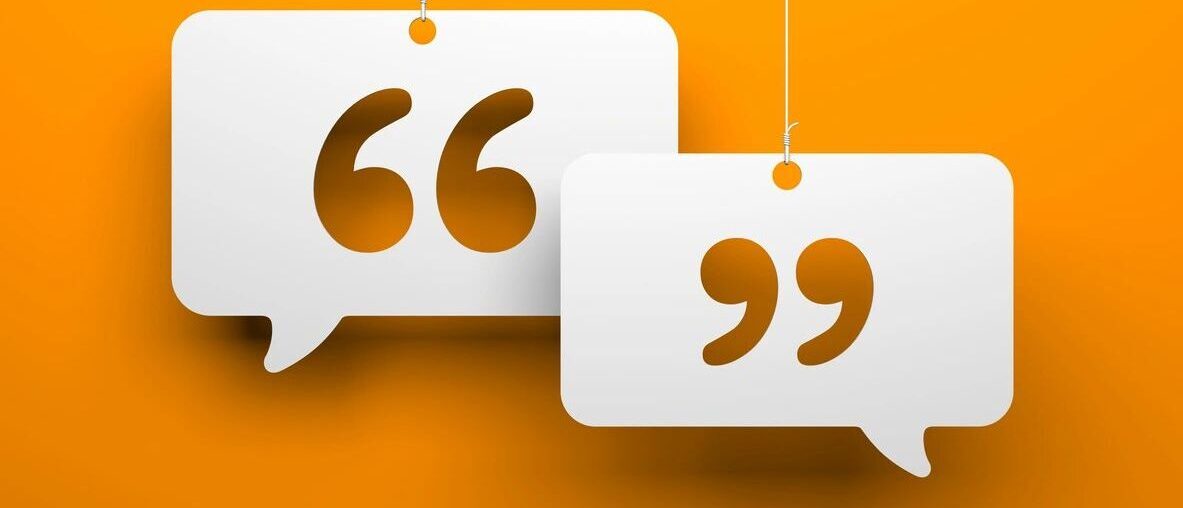If you’ve ever said something and followed it up with “that was off the record,” I’m sorry to tell you that that’s not how it works.
For something to be off the record, we both have to agree and before you say whatever it is that’s too sensitive to put in print.
“When you’re talking to a reporter, assume it’s all on the record.
Tweet
Here’s how it works:
You say, I’d like to go off the record. If I agree, I’ll set up the parameters: Can I use this information for further questions and reporting on the record? Once we have an understanding on what happens next, we talk and the conversation isn’t for print. Please remember to tell me when we’re back on record so I know when I can start recording again. I will ask if I think we’ve ventured into on-the-record territory.
I generally don’t like to talk off the record.
A lot of people, particularly public relations folks, like to talk on background. Again, this is something we discuss prior to you offering up the information. Can I attribute the information to a source? Can I describe the source’s involvement with the information (i.e. “a government worker familiar with the matter”)? Generally, this information is only good to me if I can attribute it and if I can use it to further my reporting. Otherwise, I don’t want to hear it.
In general, whenever you’re talking to a reporter, assume it’s all on the record, because it is.
